Nagorno-Karabakh forces agree Azerbaijan demand to disarm

Sep 20: Twenty-four hours after Azerbaijan's army launched an offensive in Nagorno-Karabakh, ethnic-Armenian forces have agreed to Russian terms for a ceasefire.
One of the key demands that Karabakh forces have accepted is a proposal for complete disarmament.
Some 120,000 ethnic Armenians live in the South Caucasus enclave, recognised internationally as part of Azerbaijan.
Three years ago, Azerbaijan recaptured areas in and around Karabakh and on Tuesday demanded a full surrender.
Karabakh officials say at least 32 people have been killed and another 200 wounded since the Azerbaijani military launched what it called "anti-terror" operations.
Azerbaijan's presidency said officials would meet Karabakh's Armenian representatives for talks on "issues of re-integration" in the Azerbaijani town of Yevlakh on Thursday.
The town is some 100km (60 miles) north of Karabakh's regional capital, Khankendi, known as Stepanakert by Armenians.
Leaders in the enclave said in a statement that through mediation carried out by Russian peacekeepers, an agreement had been reached on a complete cessation of hostilities from 13:00 local time (09:00 GMT).
However, loud explosions could still be heard in the regional capital just after the ceasefire had come into effect. Karabakh officials appealed to residents to remain in shelters and not try to leave.
Under the terms of the truce, local Karabakh forces commit to being completely disarmed and disbanded. There is also a commitment to Armenian forces pulling out, even though Yerevan denies having any military presence there.
Armenian Prime Minister Nikol Pashinyan has made clear his government was not involved in the ceasefire text, insisting that Russian peacekeepers have full responsibility for the safety of the local population. On Tuesday he accused Azerbaijan of "ethnic cleansing" in Karabakh.
Since the collapse of the Soviet Union, Armenia and its neighbour have fought two wars over Nagorno-Karabakh, a mountainous, landlocked region in the southwest of Azerbaijan.
The six-week war in 2020 led to several thousand deaths but enabled Azerbaijan, backed by Turkey, to recapture territory surrounding and inside the enclave.
For the past nine months, Azerbaijan has conducted an effective blockade of the only road into Karabakh from Armenia, known as the Lachin Corridor. Ethnic Armenians in the enclave complained of shortages of food, medicines and toiletries.
Some 2,000 Russian peacekeepers were supposed to monitor the ceasefire but Moscow's interest in Armenia has waned during its war in Ukraine, even though Armenia is part of Russia's CSTO military alliance.
Last May, the Armenian prime minister was quoted as saying his country would be ready to recognise Karabakh as part of Azerbaijan in return for the security of the ethnic Armenian population. "The 86,600 sq km of Azerbaijan's territory includes Nagorno-Karabakh," Pashinyan was quoted as saying, referring to Azerbaijan as a whole.
Russia has also been annoyed by Pashinyan's apparent pivot to the West. This week, dozens of Armenian soldiers have been conducting military exercises with the US military.
The Kremlin has denied Armenian allegations that it did not do enough to help its ally.
Hundreds of protesters in Yerevan called for the prime minister to resign on Tuesday because of his handling of the crisis and he warned of unidentified forces calling for a coup.
(BBC)


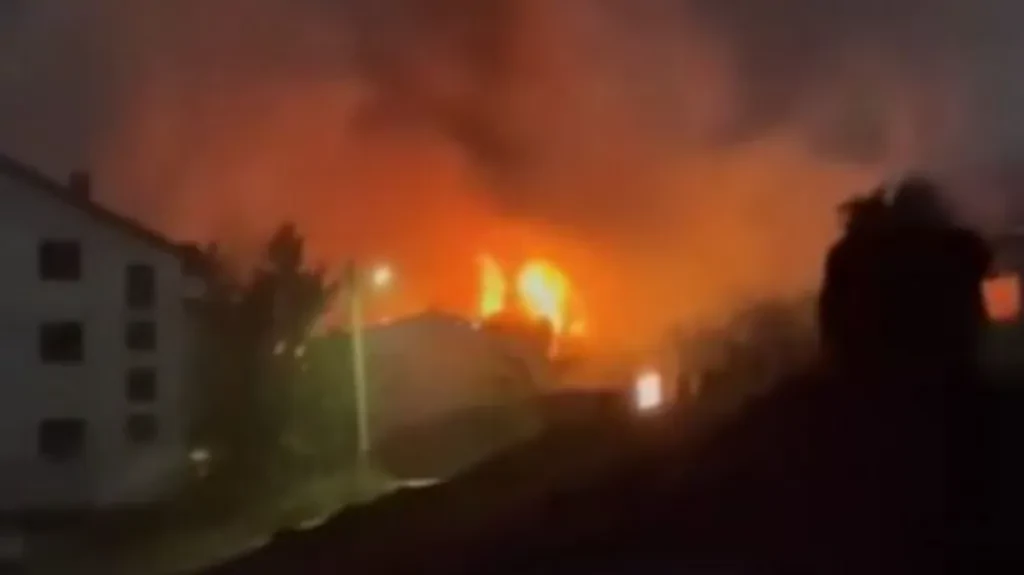
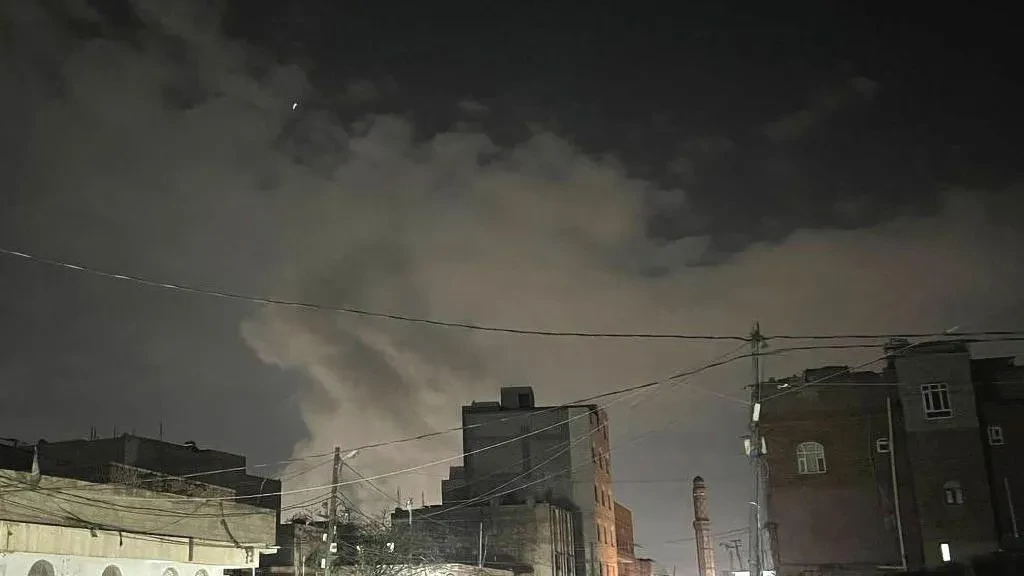
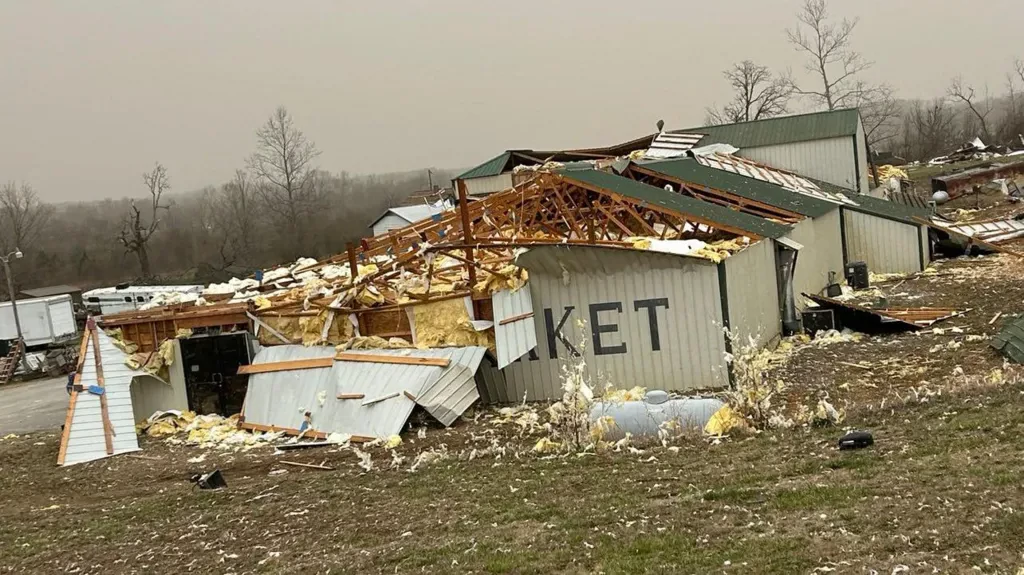
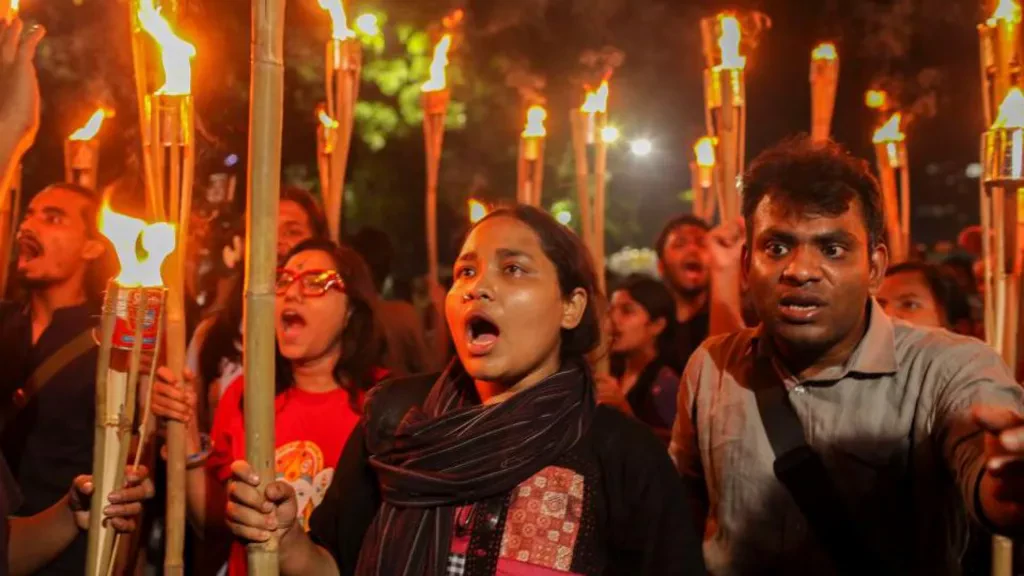
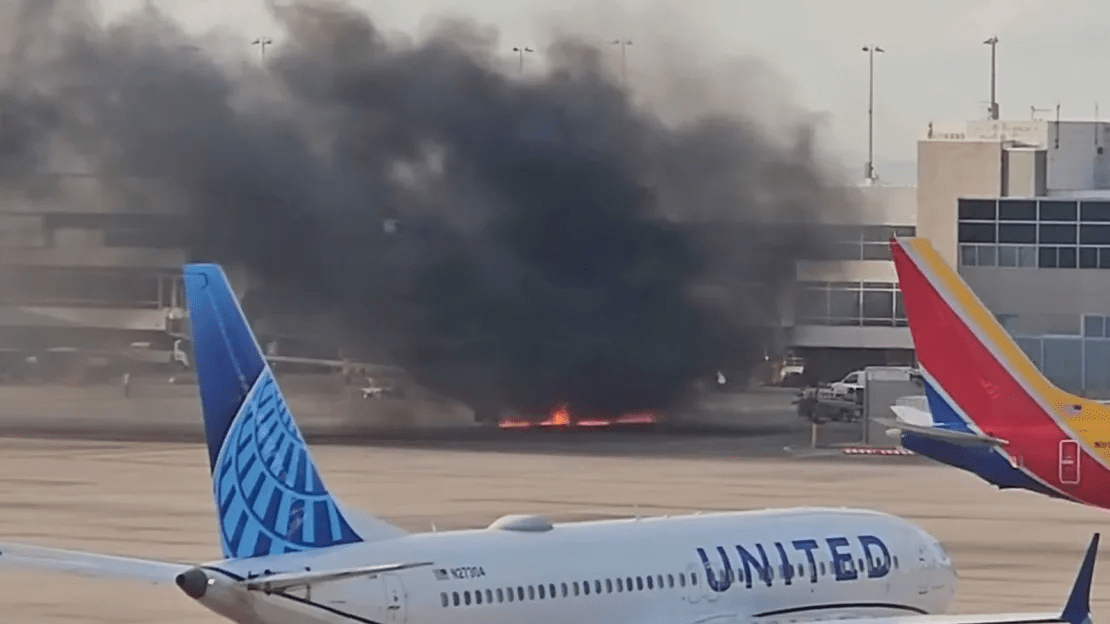
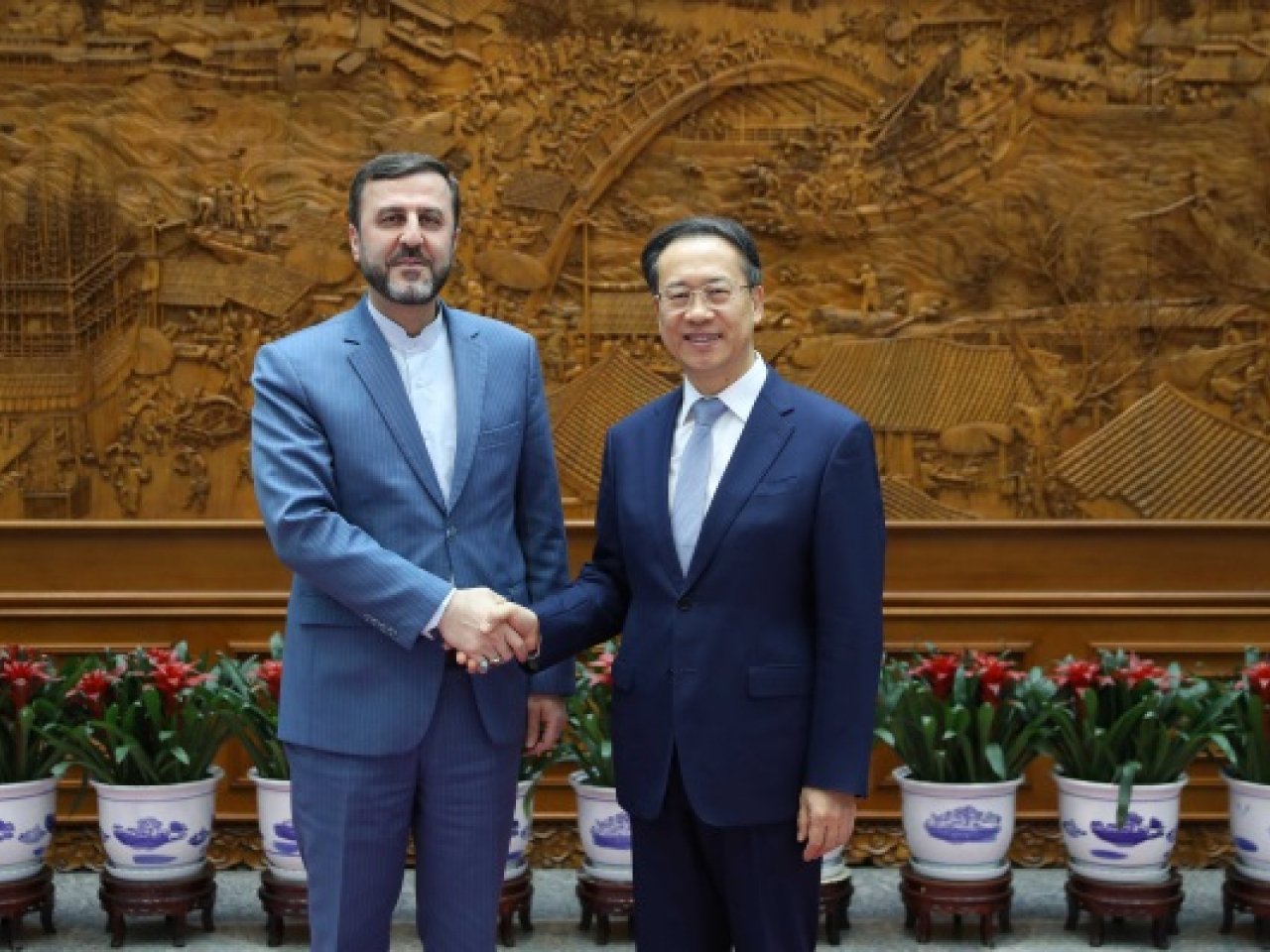
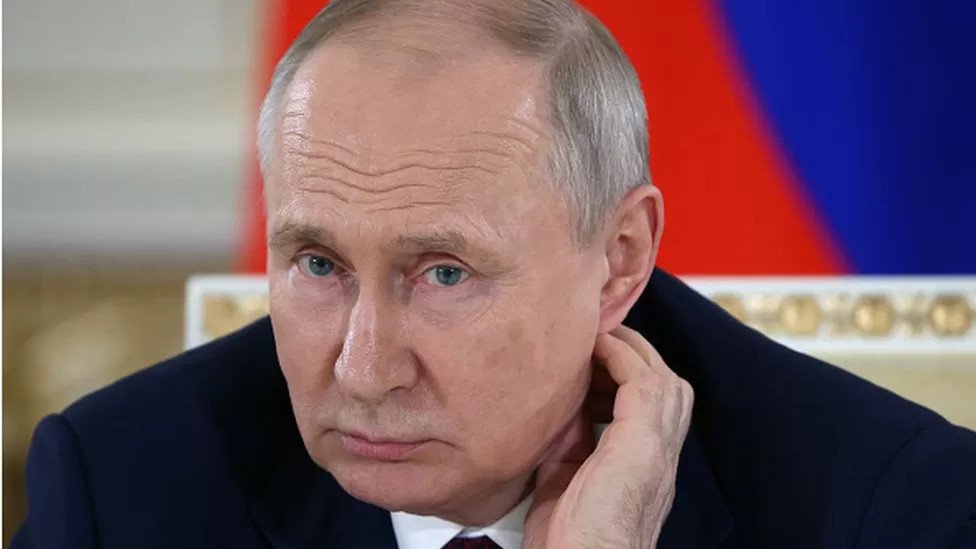

Leave Comment